zeppelin390
TPF Noob!
- Joined
- Dec 15, 2008
- Messages
- 83
- Reaction score
- 7
- Location
- Delaware
- Website
- www.wingsimaging.com
- Can others edit my Photos
- Photos OK to edit
I am soon to be purchasing my first 35mm camera in hopes of creating a good hobby for myself. I am quite interested in developing my own film as well.
I am not what you would call a patient person, would I be better off buying digital so that I may recieve instant gratification, or will all my fears subside as soon as I see my first picture slowly developing right before my eyes?
I am not what you would call a patient person, would I be better off buying digital so that I may recieve instant gratification, or will all my fears subside as soon as I see my first picture slowly developing right before my eyes?


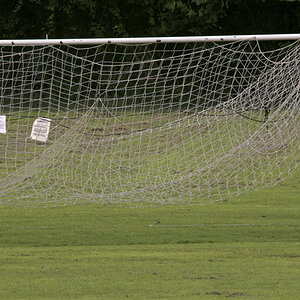
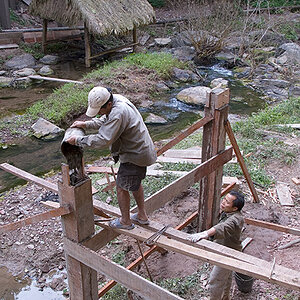
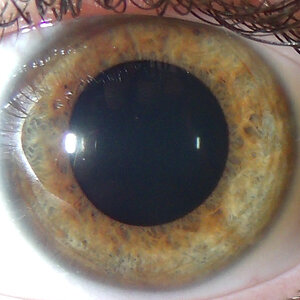
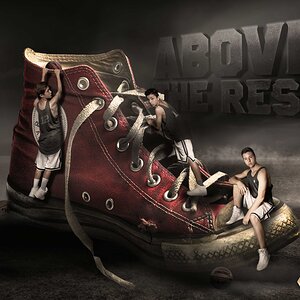
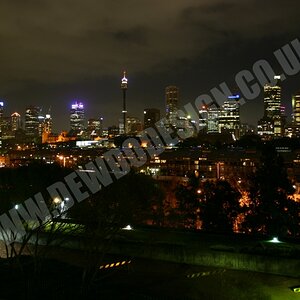
![[No title]](/data/xfmg/thumbnail/32/32929-22e23acc63d6ecb25e5ee941be87121f.jpg?1619735758)

![[No title]](/data/xfmg/thumbnail/42/42230-fa8ace50a80342c7d91db1431f911bab.jpg?1619740048)
![[No title]](/data/xfmg/thumbnail/37/37093-76cde0d618a8f2748a7d7543d7b4f9ea.jpg?1619737881)

![[No title]](/data/xfmg/thumbnail/37/37094-a3c300cd42f78d01d01fe80c1233002e.jpg?1619737881)
![[No title]](/data/xfmg/thumbnail/39/39446-903cfeac143cee6330a51546ecfdda92.jpg?1619739035)